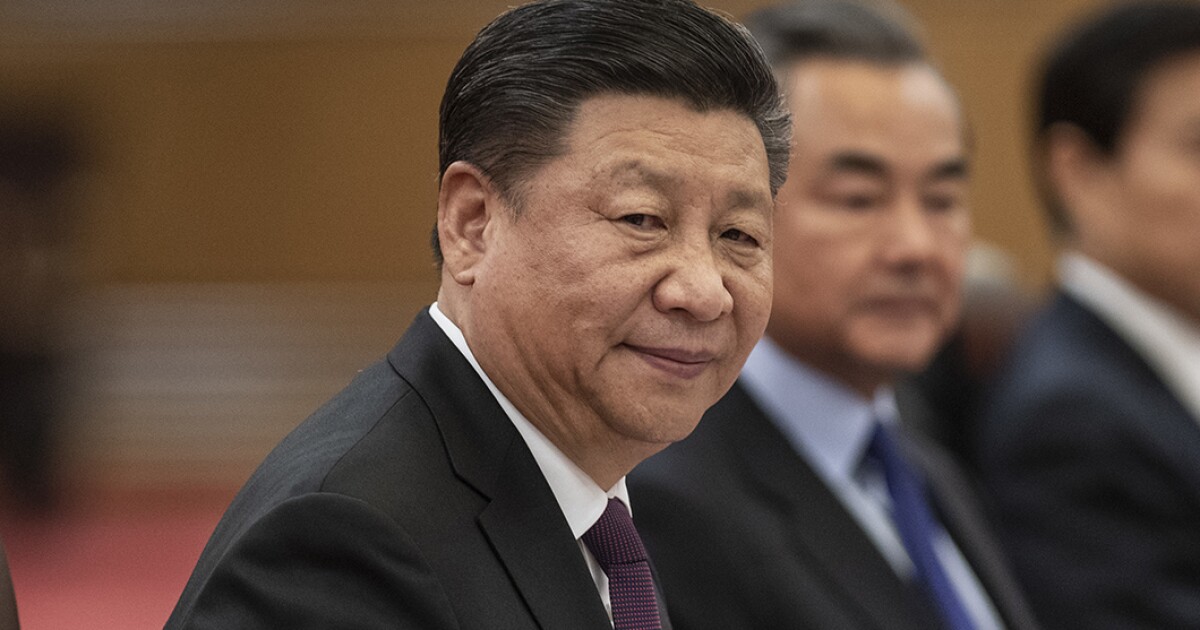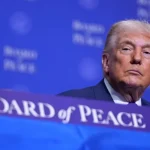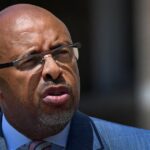

China’s ominous policies toward Taiwan and Hong Kong won an endorsement from Arab League states at a landmark diplomatic forum in Saudi Arabia.
Chinese General Secretary Xi Jinping traveled to Riyadh at a fraught moment for the U.S.-Saudi Arabia alliance, which recently cut oil production in the face of President Joe Biden’s appeal for OPEC to increase their output in light of Russia’s invasion of Ukraine. The communist leader’s overture to the Middle Eastern states produced a resolution for “strengthening energy cooperation” between China and Saudi Arabia, in tandem with a show of support for the Chinese Communist regime’s claim to sovereignty over Taiwan.
“We have agreed on … the firm commitment of the Arab countries to the principle of one China, their support for the People’s Republic of China’s efforts to preserve its sovereignty and territorial integrity, reaffirming that Taiwan is an integral part of Chinese territory,” the leaders said in the Riyadh Arab-China Summit for Cooperation and Development communique.
The joint statement added that they were “rejecting Taiwan’s ‘independence’ in all its forms, and supporting the Chinese position in the Hong Kong file and supporting the People’s Republic of China’s efforts to maintain national security and develop and perfect democracy in Hong Kong within the framework of one country, two systems.”
THE US MUST PLAY CHINA AT ITS OWN GAME IN THE TAIWAN STRAIT
That statement represents a sharp divergence in tone from much of the U.S. alliance network. Biden and other leaders of the G-7, the group of seven largest industrialized democracies, generally avoid endorsing China’s claim to sovereignty over the island democracy and insist that Chinese officials “resolve cross-Strait differences by peaceful means” as the United States works to fortify Taiwan’s defense capabilities.
“Taiwan needs to put its self-defense front and center. We think the Chinese put a premium on speed,” Deputy Defense Secretary Kathleen Hicks said Thursday at an Aspen Security Forum event in Washington, D.C. “And the best speed bump or deterrent to that is really the Taiwan people being able to demonstrate that they can slow that down, let alone to defend against it.”
Hong Kong also has emerged as a point of contention in recent years due to China’s imposition of a national security law that cracked down on pro-democracy activists in Hong Kong and other critics of the Chinese Communist regime. The United Kingdom declared that legislation a breach of the treaty that organized the British government’s handover of the former colony, and the U.S. agreed.
China rejects all such criticisms and has demanded that the U.S. cut defense aid to Taiwan. Chinese forces staged a temporary blockade of the island in August following House Speaker Nancy Pelosi’s (D-CA) high-profile visit to Taipei.
CLICK HERE TO READ MORE FROM THE WASHINGTON EXAMINER
“Taiwan is China’s Taiwan, and the Taiwan question is purely China’s internal affair,” Chinese Foreign Ministry spokeswoman Mao Ning said Friday. “The U.S. side needs to abide by the ‘One China’ principle and the provisions of the three China-US joint communiques, remove the negative content about China from the bill, stop playing the Taiwan card and using Taiwan to contain China, stop military contact with Taiwan, and refrain from further undermining China-U.S. relations. China will take all necessary measures to resolutely uphold its sovereignty and security interests.”






